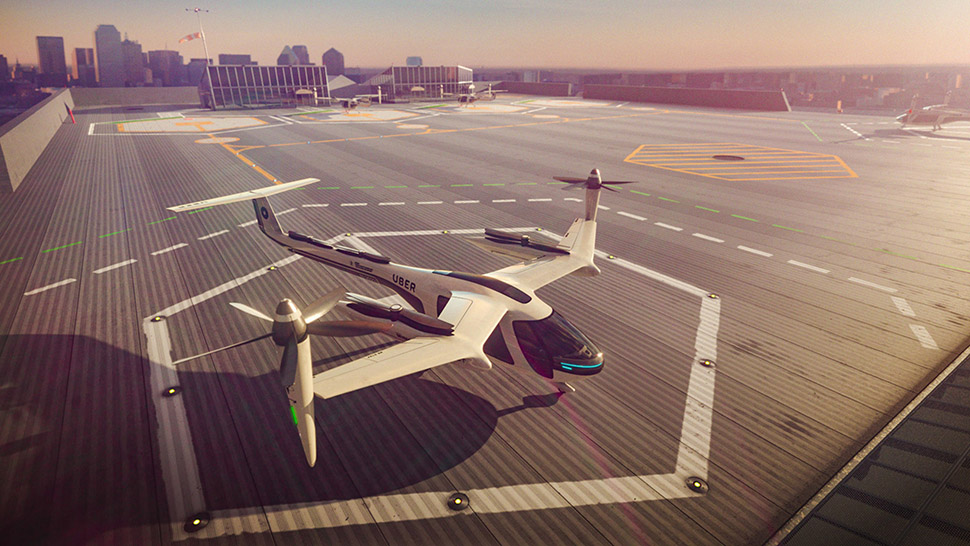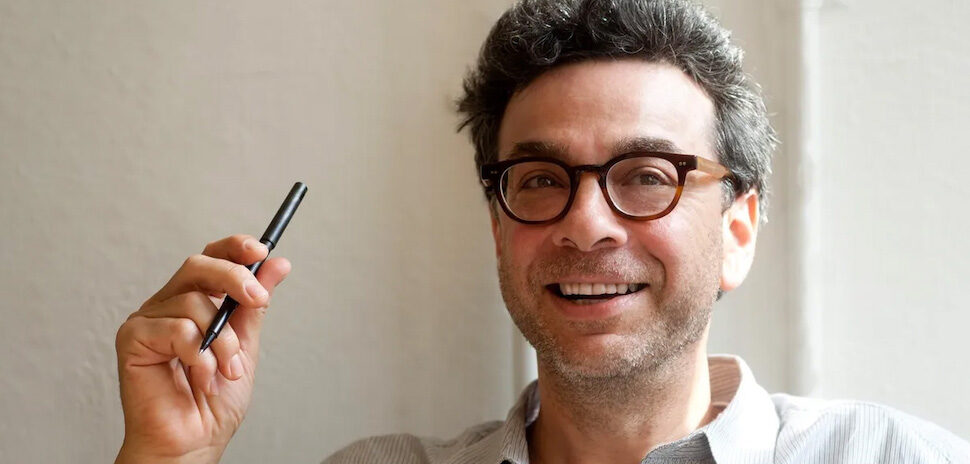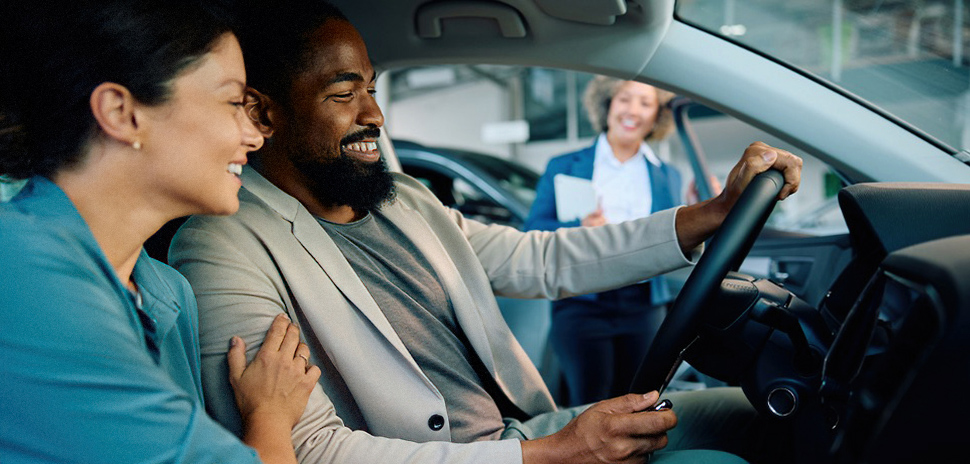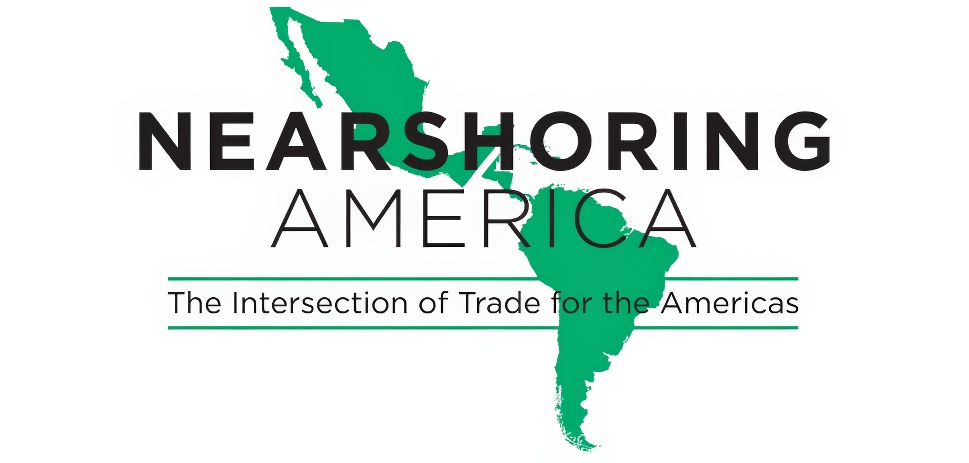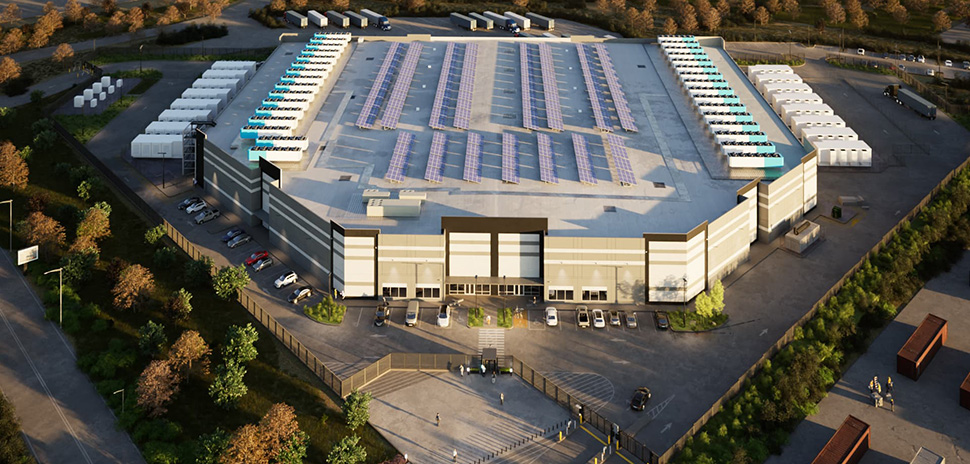The developers of Frisco Station envision a day not too far in the future when people have many more transportation options and own fewer cars. They’re not waiting for some solution to just show up in a few years; they’re actively working to accommodate and test new modes of mobility.
“One of our biggest challenges is the next generation of mobility,” says Russell Laughlin, executive vice president of Hillwood. “When we started in 2014 and 2015, that wasn’t defined yet.”
Frisco Mayor Jeff Cheney put it this way: “In the next 10 years it’s going to evolve more than in the last 50.”
To prepare themselves for the mobility evolution, Frisco Station partners began working with officials from the city of Frisco, Dallas County Transit Authority, the Dallas Cowboys, and Hall Office Park to form a private transportation management authority (TMA).
Laughlin says they wanted to come up with forward-thinking solutions. They knew it would include on-demand options and a variety of vehicles, from short-haul scooters or bikes to urban air taxis.
One likely possibility is driverless cars, so they sought out a partnership to test the vehicles, with drive.ai running a pilot program for eight months, from July 2018 to March 2019.
By focusing on new technology like third-party automated vehicles and services such as Uber and Lyft, cities like Frisco avoid the pitfalls of light rail and municipal buses, Laughlin says. Rail service requires a commitment to a route with fixed stops, and buses need drivers, maintenance, and storage. Both options require a big investment of public funds.
The TMA partners were looking for scalable options done with third-party capital. Autonomous cars or buses can go where the need is greatest instead of being tied to a fixed stop.
Officials with Hillwood have been looking at emerging transportation technology for decades at AllianceTexas, Laughlin says.
In June, company officials announced the establishment of the AllianceTexas Mobility Innovation Zone, which will provide a testbed for emerging transportation technologies such as automated vehicles, urban air taxis, and drone delivery services.
It was that desire to be part of the future of transportation that caught the eye of officials with Uber Elevate, says Wyatt Smith, head of business development for Uber Elevate.
The availability of both Alliance Airport in Fort Worth and Frisco Station for testing phases is one of the aspects that made Dallas-Fort Worth an attractive test market for Uber Elevate. Dallas-Fort Worth, the Los Angeles area, and Melbourne, Australia, are the company’s designated test sites.
Smith says, “We want to bring safe, reliable flights to the Uber platform.”
The goal is to begin offering commercial flights in 2023, but that benchmark is dependent on approval from the Federal Aviation Administration.
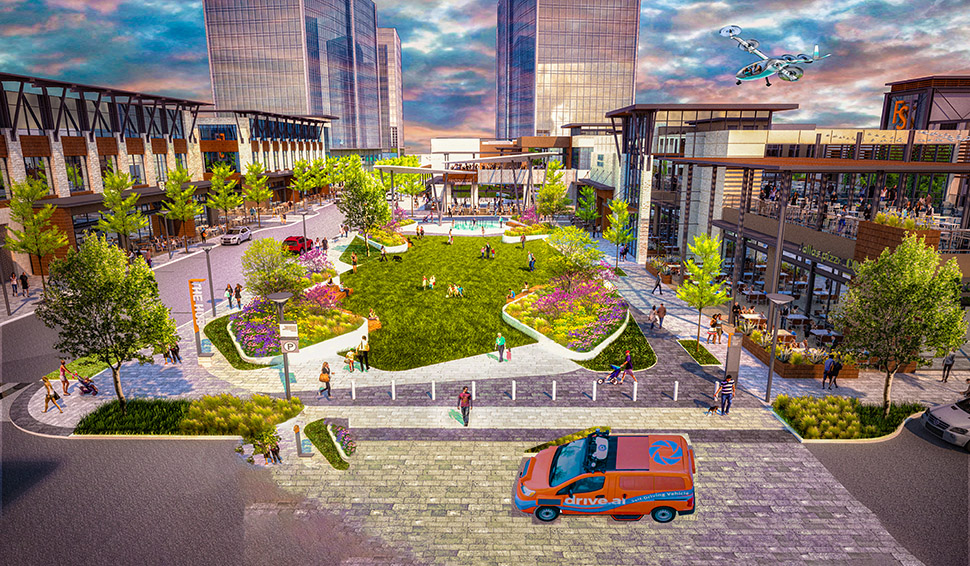
Frisco Station’s developers are looking at forward-thinking transportation solutions as they build the development. [Rendering: Hillwood]
A number of aerospace companies, including Bell in Fort Worth, are competing to develop the electric vertical takeoff and landing vehicles (eVTOL).
Frisco Station has the region’s first urban air taxi “vertiport,” a larger version of a helipad, located between Gaylord Parkway and the Dallas North Tollway.
Laughlin says, “We’ve delivered the first vertiport with the sole and exclusive purpose to fly and test an eVTOL network.”
On the property’s master plan, that area is designated for office buildings up to 30 stories high. Eventually, the vertiport will be relocated to the top of one of the buildings, Laughlin says.
Smith says the testing will be phased in over time, starting with hover tests and forward flight over unpopulated areas before any eVTOLs are tested in Frisco.
In the meantime, Hillwood officials plan to test helicopter flights from the site to find the best routes.
The payoff would be an under 10-minute trip from Frisco Station to Dallas Fort Worth International Airport instead of 30 to 40 minutes in traffic.
With automated cars, on-demand vans and buses, and urban air taxis, officials expect Frisco Station’s future employees and residents to own fewer cars. Laughlin says that planning already is underway for future conversions of parking structures for more open space or other uses.
“If you’re helping lead the future of mobility—although you can’t predict exactly where it will lead but stay in the forefront—that leads to winning the battle for human capital,” Laughlin says.
READ THE REST OF THE STORY:
This story originally appeared in the Dallas-Fort Worth Real Estate Review.
Read the digital edition of Dallas Innovates’ sister publication, the Real Estate Review, on Issuu.
The Dallas-Fort Worth Real Estate Review is published quarterly.
Sign up for the digital alert here.
![]()
Get on the list.
Dallas Innovates, every day.
Sign up to keep your eye on what’s new and next in Dallas-Fort Worth, every day.










